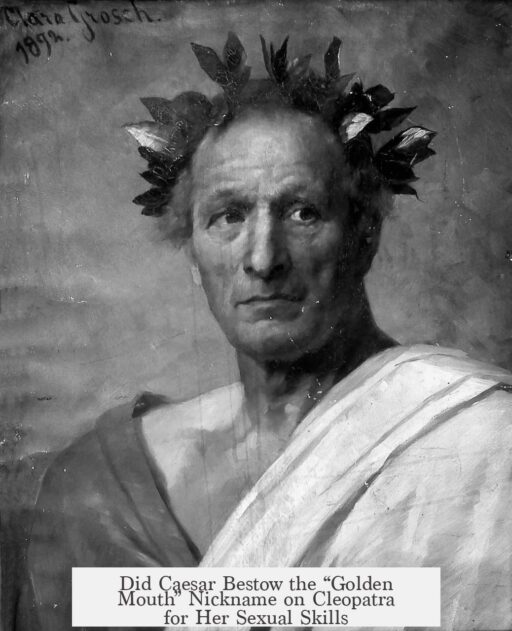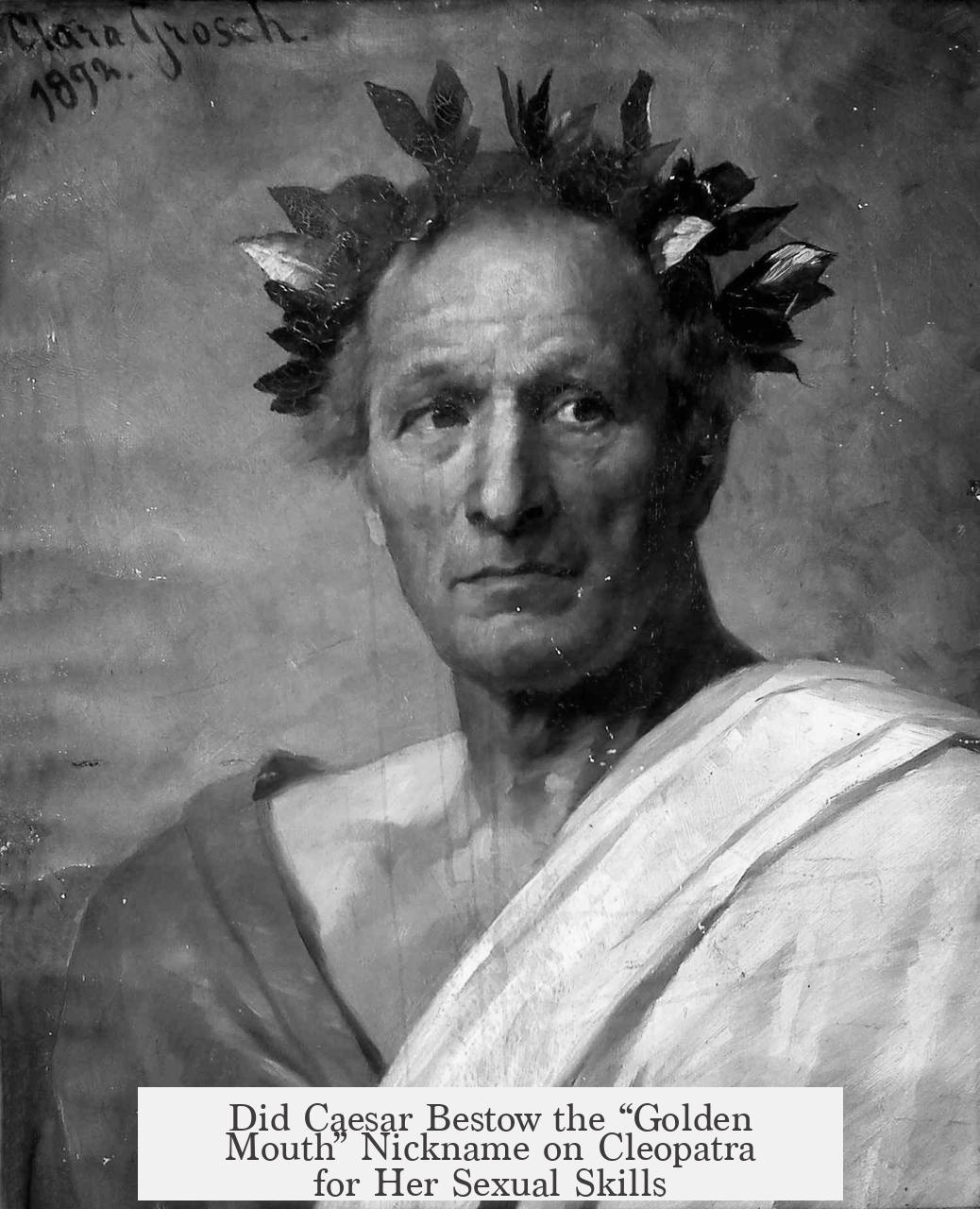There is no verified historical evidence that Julius Caesar gave Cleopatra the nickname “golden mouth” for her oral sex skills. This claim lacks support from ancient texts or credible sources. It appears to be a modern rumor or fabrication without basis in reliable history.
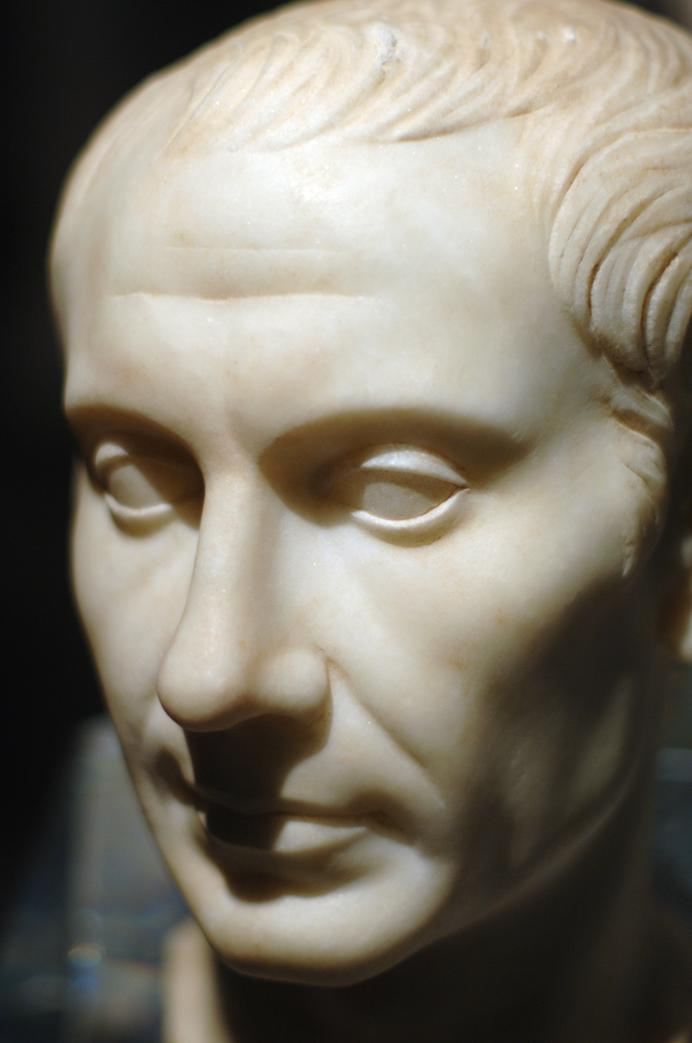
Roman history and political culture included frequent sexual slander used as weaponry against rivals. Politicians and writers regularly spread rumors with a sexual angle to damage reputations. These allegations functioned similarly to modern tabloid gossip, mixing fact with invention to harm opponents.
Caesar himself was the subject of various sexually charged rumors. For example:

- He was rumored to have an affair with Servilia Caepionis, the mother of Junia Tertia.
- People joked that Junia Tertia was possibly Caesar’s daughter, referencing Caesar’s “purchase” of land at a discount as a sly quip.
- The incest implication was likely false, considering Roman social taboos strongly condemned such behavior.
Even more outlandish political accusations targeted Caesar’s sexuality.
- He was accused of being gay or trading sexual favors for military favors.
- Historians generally discount these claims as politically motivated falsehoods.
Cleopatra’s portrayal in Roman propaganda was also highly sexualized and politically charged. As Mark Antony’s ally and lover, she became a key target for Roman enemies, especially Octavian’s camp.
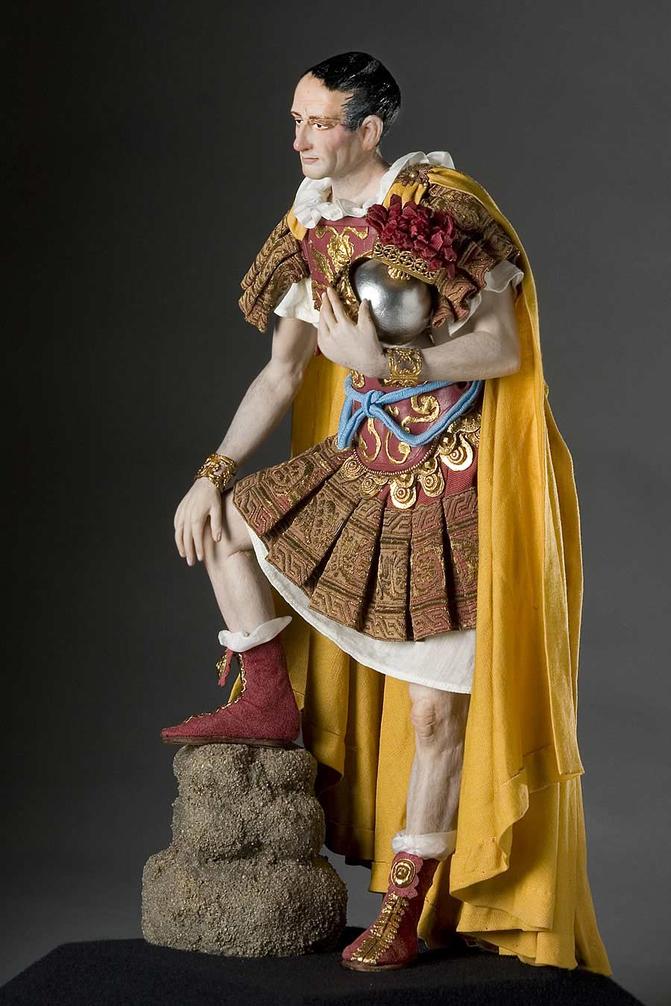
- Roman writers and propagandists framed Cleopatra as a manipulative seductress who distracted Antony from his duties.
- Sexual rumors about Cleopatra often served to tarnish her image and justify opposition to Antony’s alliance with Egypt.
- Some stories about Caesar’s pet names for Cleopatra might have been invented or exaggerated as part of this campaign.
Roman attitudes toward oral sex also influenced these smears. Romans viewed performing oral sex as degrading, linked to slaves or prostitutes. Associating Cleopatra with such acts would have been a potent insult in Roman eyes, serving as an effective character attack in propaganda.
Given this context, if the nickname “golden mouth” related to oral sex existed, it likely served as a slanderous rumor rather than a genuine pet name Caesar used.
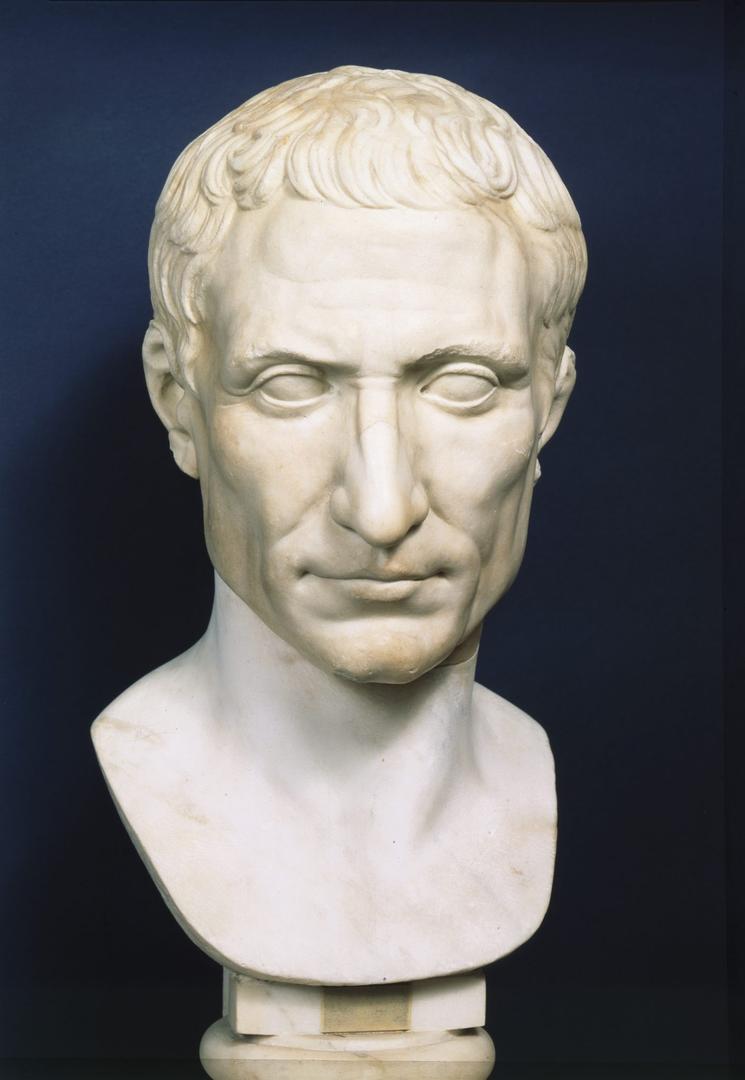
Verification of sexual allegations in Roman history is complicated.
- Scandal and rumor were common tools of political warfare.
- Ancient sources often reflect exaggerations or outright fabrications.
- The lack of contemporary credible documentation means many alleged sexual details cannot be confirmed.
| Aspect | Details |
|---|---|
| Evidence for nickname | No credible historical sources mention “golden mouth” given by Caesar to Cleopatra |
| Roman political slander | Sexual rumors used to smear rivals in political conflicts |
| Caesar’s sexual rumors | Affairs, incest jokes, and allegations of favors traded for power (mostly untrue or exaggerated) |
| Cleopatra’s depiction | Portrayed as a seductive, dangerous figure in Antony vs. Octavian propaganda |
| Roman views on oral sex | Performing oral sex was considered humiliating, used to insult prostitutes or slaves |
| Propaganda use | Alleged nicknames related to sex likely served as disinformation to defame Cleopatra |
In essence, the idea that Caesar gave Cleopatra the nickname “golden mouth” for her oral sex skills is very likely a product of rumor and political smearing rather than historical fact. No reliable evidence supports this claim. Instead, it fits a broader pattern of Roman sexual slander used to attack powerful figures, especially those linked to political enemies.

- No ancient text or credible source records this nickname or its explicit meaning.
- Roman politics commonly employed salacious rumors to morally discredit opponents.
- Cleopatra’s sexual image was heavily shaped by enemy propaganda during the Antony-Octavian conflict.
- Roman social norms associated oral sex performance with humiliation and low status.
- Most sexual rumors about Caesar and Cleopatra are unsubstantiated or exaggerated for political ends.
- Scholars treat such allegations skeptically due to the prevalence of scandal mongering in ancient sources.
Did Caesar Really Give Cleopatra the Nickname “Golden Mouth” for Her Oral Sex Skills?
Short answer: No solid evidence backs this claim. The idea that Julius Caesar dubbed Cleopatra “golden mouth” for her oral sex prowess is likely a modern myth or political smear, rather than historical fact. There’s no reliable source mentioning this nickname or connecting it explicitly to any sexual skill.

Let’s unpack this juicy rumor and see what history really says.
The Elusive “Golden Mouth” Nickname
First things first: no ancient historian or credible source mentions Caesar ever calling Cleopatra “golden mouth”. The phrase doesn’t pop up in historical texts, letters, or Roman records. It’s like a ghost nickname—floating around modern whispers but nowhere in official annals.
So where might it come from? Possibly from the foggy haze of Roman slander or, worse, outright invention centuries later. Rumors tend to grow like weeds, especially when politics and sex mix.
Roman Politics: A Hotbed of Sexual Slander
Sexual accusations were the political game in ancient Rome. Imagine a gossip mill turbocharged and operating 24/7. Politicians threw around salacious slurs like confetti at a parade to weaken opponents.
Slander often involved exaggerated or totally invented sexual misconduct. You could say it’s an ancient version of modern tabloid drama, just as ruthless but less concerned with truth.
Cleopatra, as a powerful foreign queen entangled with Rome’s heavyweights, was a prime target.
Caesar’s Love Life—and Rumors
Caesar’s relationships weren’t without scandal. He famously had an affair with Servilia Caepionis, mother of Junia Tertia. Rumor had it that Junia was actually Caesar’s daughter, a claim fuelled by political rivals and witty Romans like Cicero.
“Cicero joked Caesar was ‘getting a third off’”—a pun implying Caesar was sleeping with Junia, by playing on the Latin word tertia meaning ‘third.’
Still, some rumors clash with Roman taboos. The idea that Caesar had kids with both Servilia and her daughter strains credibility because incest was intensely taboo. So many of these claims were likely political dirty tricks, not historical truth.
Accusations Against Caesar—and Their Thin Evidence
Caesar also faced rumors of homosexuality and quid-pro-quo sexual favors with an eastern king to borrow a navy. Modern historians largely dismiss these as baseless political smears.
This shows how sexual innuendos served as weapons, not as factual biography.
Cleopatra as the Seductress in Roman Propaganda
After Caesar’s death, Cleopatra’s position changed but scrutiny didn’t. As Mark Antony’s lover, she became a central figure in Rome’s propaganda war.
Octavian’s camp painted Cleopatra as a ruthless seductress who distracted Antony from Rome’s interests. This image helped sway Roman opinion against her.
Could stories about Caesar’s pet names for Cleopatra have birthed “golden mouth” rumors? Possibly. Or maybe they were simply made up out of thin air to tarnish her name further.
Roman Attitudes Toward Oral Sex—And Why It’s a Perfect Smear
Romans saw oral sex through a very narrow lens. Performing oral sex was seen as humiliating and fit only for slaves or prostitutes. Suggesting someone was skilled in it was a sharp insult, meant to degrade and shame.
Implying Cleopatra excelled in oral sex would be a brutal character assassination to Roman ears. This context hints why such rumors could have flourished as political weapons.
The “Golden Mouth” Nickname: Propaganda Tool or Truth?
Given Roman tactics, it’s highly likely that if this nickname ever appeared, its function was to harm Cleopatra’s reputation, not compliment her. Whether it originated in a marginalized rumor or was outright fabricated, the nickname fits neatly into a pattern of smears aimed at her.
Historians remain skeptical because no solid proof exists. These kinds of allegations are tough to verify, thanks to widespread and routine scandal-mongering in the ancient political arena.
Why We Should Be Skeptical
- No ancient documents or credible texts mention Caesar calling Cleopatra “golden mouth.”
- The nickname fits perfectly into common Roman smear tactics, not into verified historical facts.
- Roman society’s strict views on sexual behavior make such rumors plausible only as insults, not as genuine personal praise.
- Repeated political use of sexual rumors shows how frequently truth took a back seat to character attacks.
So, What’s the Takeaway Here?
While the idea of Caesar dubbing Cleopatra “golden mouth” for her oral sex skills is titillating, it’s almost certainly a myth. It emerges from a long tradition of Roman political mudslinging and sexist propaganda rather than from genuine historical records.
Roman politics was less about facts and more about influence, so salacious content flowed like wine. Cleopatra, as a foreign queen and cunning political player, became an easy target. The “golden mouth” story is just another thread in a vast tapestry of rumor woven to smear powerful women and enemies of Rome.
Next time you hear about “Cleopatra’s golden mouth,” remember: history loves gossip but demands facts. And facts? They point to a nickname that probably never crossed Caesar’s lips.
Final Thought
Ever wondered how much history we accept at face value? Stories like this remind us to question sources and motives. Why would someone invent such a nickname? What purpose did it serve politically? Being curious and critical is the historian’s best tool.
And maybe Caesar was a great orator with words, but that doesn’t mean he handed out explicit nicknames for oral talents—at least, not in any documented, trustworthy way.
